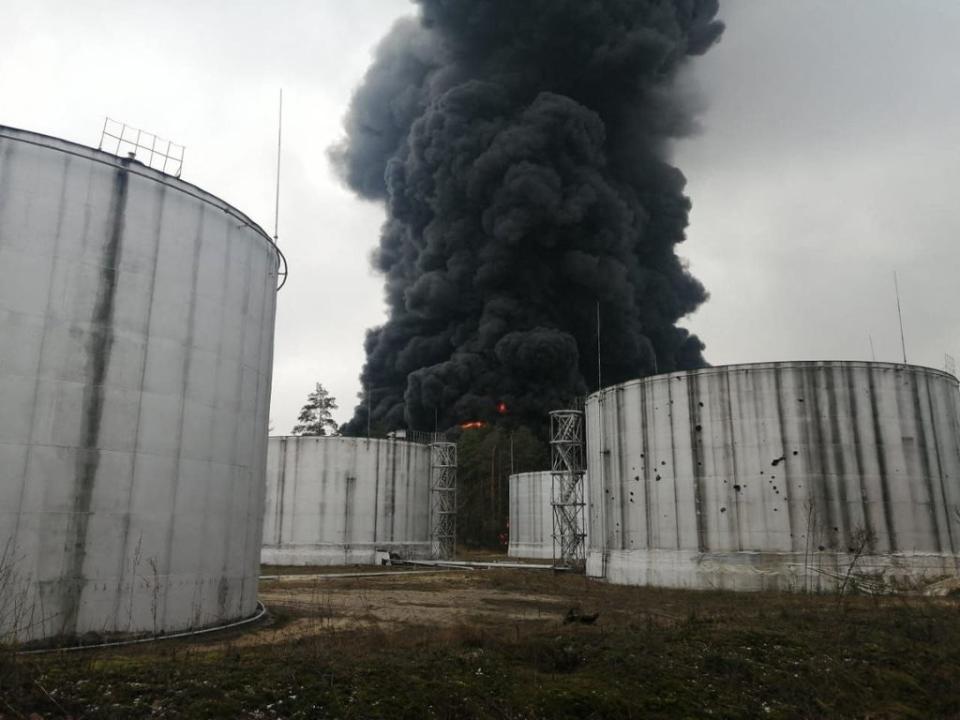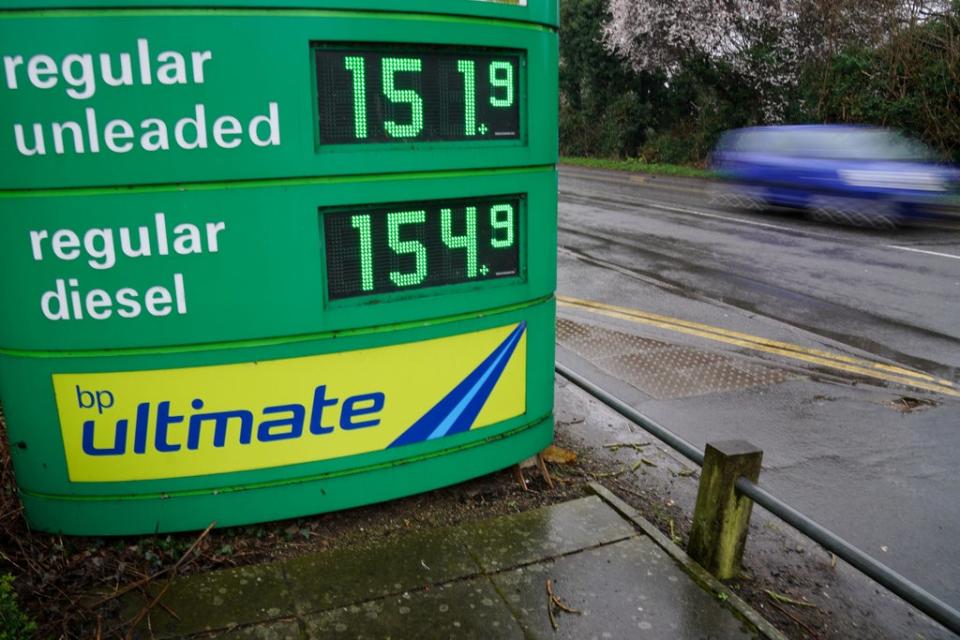War in Ukraine ‘to cost global economy at least $400bn in 2022’
The war in Ukraine will cost the global economy at least $400bn (£300bn) this year, according to expert projections.
Global growth is set to take a significant hit but European countries will be the most exposed to the economic impact of the Russian invasion, analysis by the Economist Intelligence Unit (EIU) found.
It said the rise in commodities prices – primarily oil – is the most serious threat to the world economy, followed by sanctions on Russia that will disrupt trade routes.
The economic hit will mostly be felt in Ukraine and Russia, both of which are expected to experience sharp recessions this year.
Eastern European countries that are most reliant on Russian trade, such as Lithuania and Latvia, are also forecast to take heavy hits.
The EIU has slashed its growth forecast for Europe in 2022 to 2 per cent from 3.9 per cent.
The Eurozone – which excludes most large Eastern European countries – is set to hold up significantly better with a growth of 3.7 per cent, down from 4 per cent.

The global forecast is down to 3.4 per cent from 3.9 per cent.
Commodities prices are set to continues rising as the conflict in Ukraine goes on. The EIU said the rise will push inflation above its previous forecast of nearly 6 per cent.
Oil hit an eight-year high of $114 a barrel on Thursday and analysts said it was realistic to expect $150 a barrel this year.
Consumers are already feeling the effect at the pumps – petrol prices rose above 150p per litre for the first time ever in the UK on Wednesday.
The price of gas – a key Russian export – is expected to rocket and prices of agricultural commodities and base metals are also projected to rise.
The EIU said the price rises will be driven by three factors: concern over supplies, the destruction of physical infrastructure and sanctions.
The forecasts assumed that Western countries would not impose a ban on Russian fuel exports.

Agathe Demarais, EIU’s global forecasting director, said: “The US and the EU had previously adopted a cautious approach to sanctioning Russia.
“Trade ties between Russia and the EU made European policymakers reluctant to impose stringent measures on Russia. This restraint has disappeared to some extent.
“However, measures to restrict Russia's energy exports are still off the table, reflecting fears in European capitals that sanctions of that nature would send EU economies into recession.”
Sanctions will also hit supply chains by restricting land, air and sea trade routes. The impact will compound difficulties stemming from the pandemic, the EIU said.
Western allies continued to bring new sanctions against Russia after more than a week of war in Ukraine.
The US on Thursday targeted 19 Russian oligarchs with visa restrictions, bringing it into line with EU measures taken earlier this week.
Meanwhile, the UK imposed sanctions on billionaire sports and mining mogul Alisher Usmanov along with former Russian deputy prime minister Igor Shuvalov
The Independent has a proud history of campaigning for the rights of the most vulnerable, and we first ran our Refugees Welcome campaign during the war in Syria in 2015. Now, as we renew our campaign and launch this petition in the wake of the unfolding Ukrainian crisis, we are calling on the government to go further and faster to ensure help is delivered. To find out more about our Refugees Welcome campaign, click here. To sign the petition click here. If you would like to donate then please click here for our GoFundMe page.
This article was amended on 4 March 2022. The headline originally quoted a figure of £400bn, but that should have been $400bn, as stated in the first paragraph.

 Yahoo Finance
Yahoo Finance 